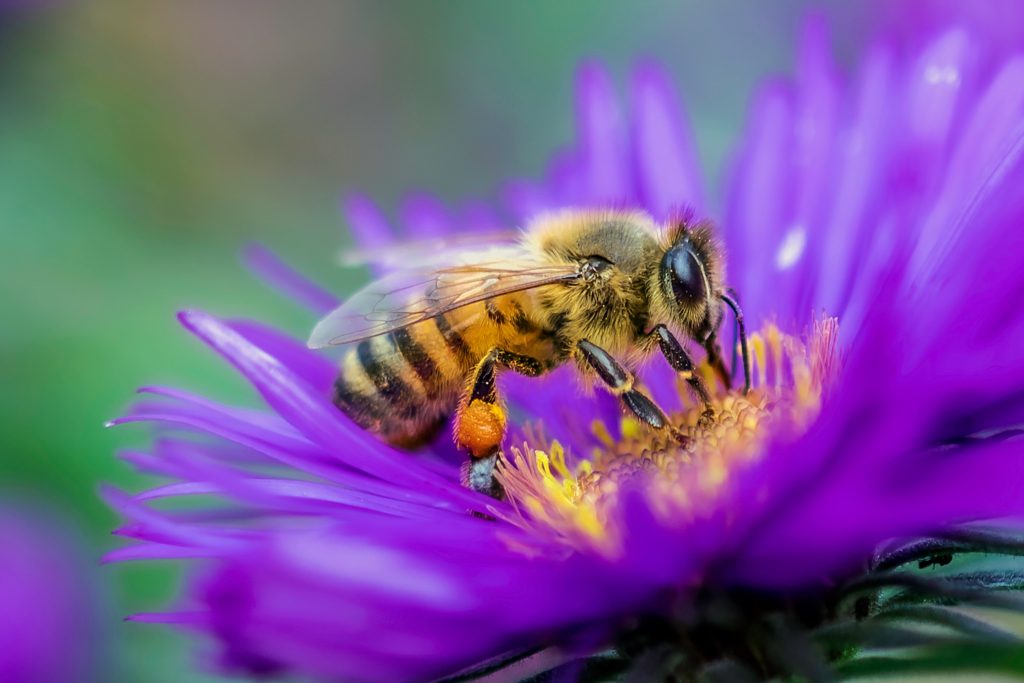“Preserving nature and maintaining its services are critical for economic growth,” said World Bank Group President David Malpass.
- The global economy faces annual losses of $2.7 trillion by 2030 if ecological tipping points are reached.
- In its first “Economic Case for Nature” report, the World Bank called on countries to do more in protecting and restoring nature.
- The World Bank projected that 51 countries would experience an overall fall in GDP of 10-20% by the end of the decade if vital ecosystems collapsed.
- Among the hardest-hit will be Democratic Republic of Congo, Angola, Madagascar, Ethiopia, Bangladesh and Pakistan.
- Global annual spending to protect and restore nature needs to triple this decade to about $350 billion by 2030, and rise to $536 billion by 2050.
The global economy faces annual losses of $2.7 trillion by 2030 if ecological tipping points are reached and countries fail to invest more in protecting and restoring nature, the World Bank said on Thursday, calling for a greener COVID-19 recovery.
The study identified key “ecosystem services” that it said were close to tipping points, including wild pollinators and provision of food from marine fisheries and timber from native forests.
“It’s not just about biodiversity – it’s about the economy. The moment to act is now,” report co-author Gianni Ruta, lead environmental economist at the World Bank, told the Thomson Reuters Foundation by phone.
Better conservation and management of natural areas, such as parks, oceans, forests and wildernesses, are seen as essential for protecting the natural systems on which humans depend and meeting targets to reduce planet-warming emissions.
Global annual spending to protect and restore nature on land needs to triple this decade to about $350 billion by 2030 and rise to $536 billion by 2050, a U.N. report said in May.
But many political leaders have yet to grasp the economic benefits of conservation, relying instead on exploitation of natural resources to lift their people out of poverty, environmentalists say.




